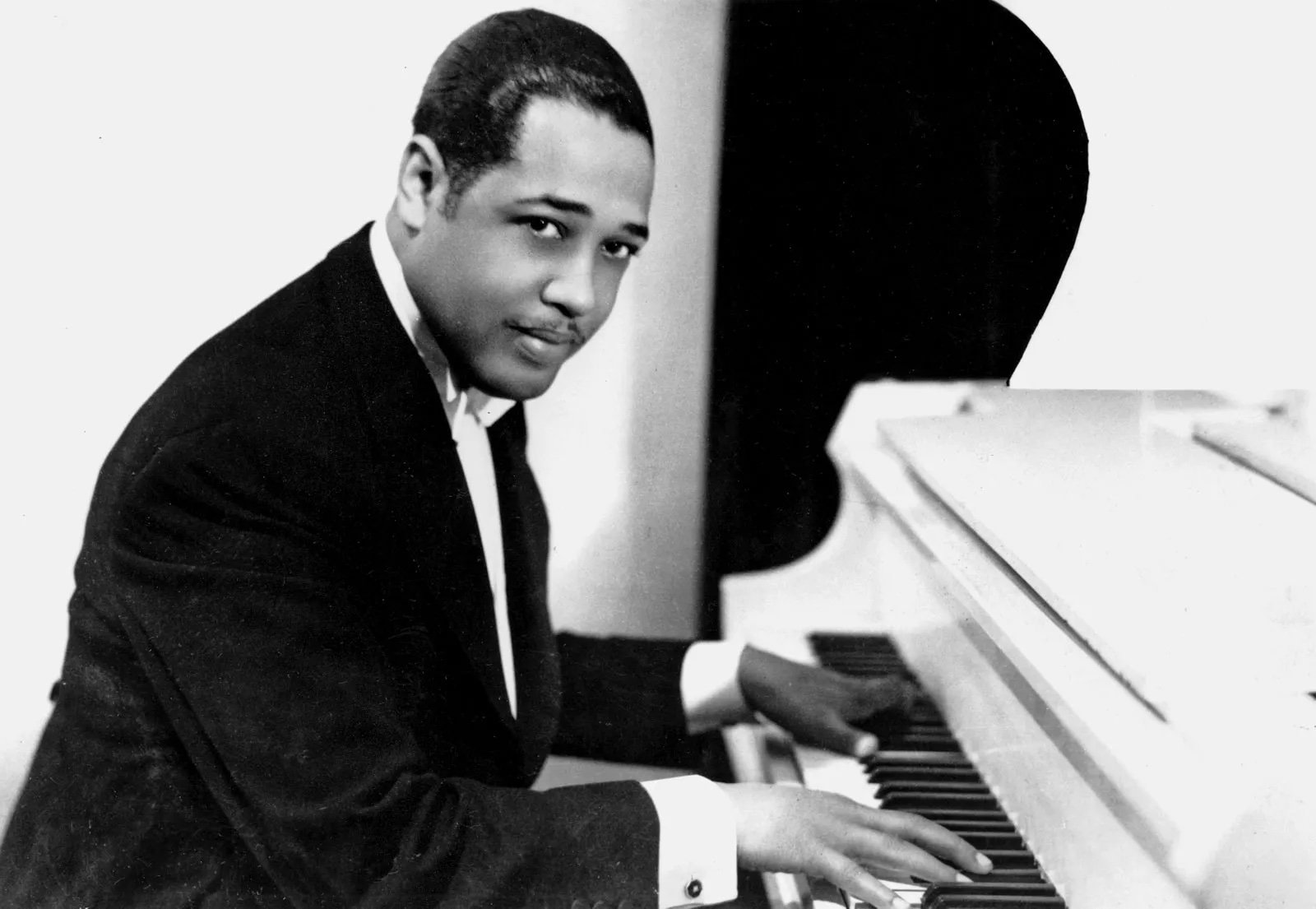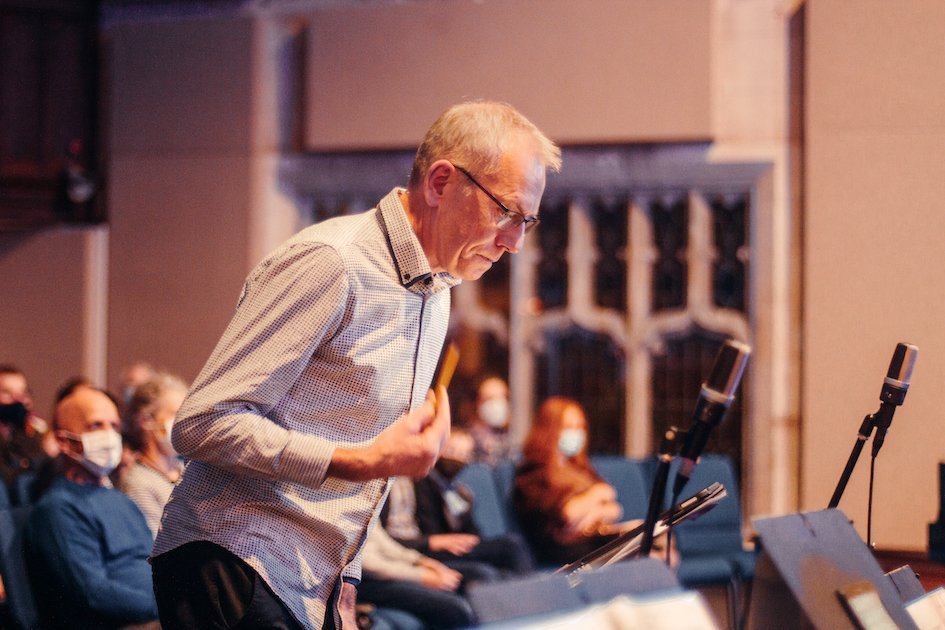
He’d reached the point where virtually everything he encountered found its way into his music — a personal geography of the earth , an orchestral biography of the colours, sounds, smells, food, and people — everything that he had felt, touched, and seen ... it was like being a word writer in sound ...
That’s Geoff Dyer writing in his collection of imaginative fiction about American jazz greats, But Beautiful, in one of the sections on Duke Ellington.
Ellington is the connecting presence through the book, driven across the continent by constant companion and baritone saxophonist Harry Carney, scribbling snatches of new compositions on diner menus.
It would not have been a difficult decision for Dyer to choose Ellington as the central pole of his narrative.
US jazz scholar Greg Thomas calls Ellington "sui generis", "America’s greatest composer, period, not only in jazz", perpetually contemporary.
Tonight, the Dunedin City Jazz Orchestra will perform a piece by Ellington regarded as among the most significant of his achievements, Black Brown and Biege, a jazz symphony composed in 1942 and performed first at Carnegie Hall the following year.
Thomas calls it "a tone parallel to the history of the Negro in America in early 1943" and says it represented Ellington’s ascendance to the height of America’s cultural scene.
The piece is divided into three sections, following African American history from slavery, through emancipation to its artistic rebirth during the Harlem Renaissance.
Taking on the piece represents a step towards more ambitious projects for the Dunedin jazz orchestra.
Orchestra leader Nick Cornish says he was inspired to tackle Black Brown and Biege, in part, after hearing it played in Wellington, at Te Papa, by an Armed Forces band.
"It was a couple of years ago I heard it and I was really impressed with the piece, I just loved the moods that it went through and the variety within it."
It was a representation of Ellington he wasn’t familiar with at the time, the foray into thinking in symphonic terms and charting a more substantial work.
For all that, it is still recognisably jazz, Cornish says.
"It is just that the structures are bigger and there is quite an emphasis on reading, but it is still jazz."
That structure means there are fewer opportunities for the players in the 18-piece Dunedin big band to improvise, but the music is not without those spaces.
There are a few solo piano moments, Cornish says — which tonight will be filled by Jack Ta — and the trumpets are given a little room to move, but the emphasis is elsewhere.

Violin and vocal also have moments.
"So there are a lot of alternative instruments that it features, which is what makes it interesting and stand out."
It’s a long way from the cultural setting of the music’s creation to the Dunedin Jazz Club at Dunedin’s Hanover Hall, but Cornish can see connections.
"Definitely, you have to ask, ‘is that relevant to where we are, who we are, at this time’. I think people will take from that what they will. But I still think a lot of the themes are present in our lives, racism is still a thing, clearly."
Those universal notes endure.
"And I guess that was part of the remit of him writing the piece, was telling the story of Black America and making strong references to the blues — one of the movements, the vocal one we do, is Blues Theme Mauve, and that’s very bluesy. So there is a sense of the struggle."
The music transports the audience to those stories from the outset, as the opening section has the feel of a work song, Cornish says, perhaps evoking work on cotton fields.
"It has, very much, a groove to it that suggests to me a workplace, like an outdoor workplace."
Thomas has said that for those ideas, that history, to be presented in America’s temple of culture, Carnegie Hall, was ground-breaking, but fulfilled a "compositional imperative" foreshadowed by other earlier composers, including George Gershwin, whose Rapsody in Blue "combines symphonic effects with blues and jazz elements".
The Dunedin City Jazz Orchestra won’t be playing the entirety of Black Brown and Beige tonight, but the largest part of the work.
And in the tradition of Wynton Marsalis’ storied Jazz at Lincoln Center Orchestra, trombone player Peter Claman will be stepping forward to conduct tonight, while Cornish leads from the sax section.
Cornish says it’s difficult to say what people might take away from the music.
"It is always interesting to analyse whether people are going to enjoy it for whatever reason and in the end you can’t spend too much time worrying about that, you present the music as it has been written and we will do the best job we can and I just hope people enjoy it for the sake of listening — but perhaps also for the historical context of it, too."
The concert
- The Dunedin Jazz Club opens its spring concert season with the Dunedin City Jazz Orchestra performing music from Duke Ellington’s Black, Brown and Beige, Hanover Hall, tonight, 7.30pm.
Tickets from the Dunedin Jazz Foundation website or on the door.










